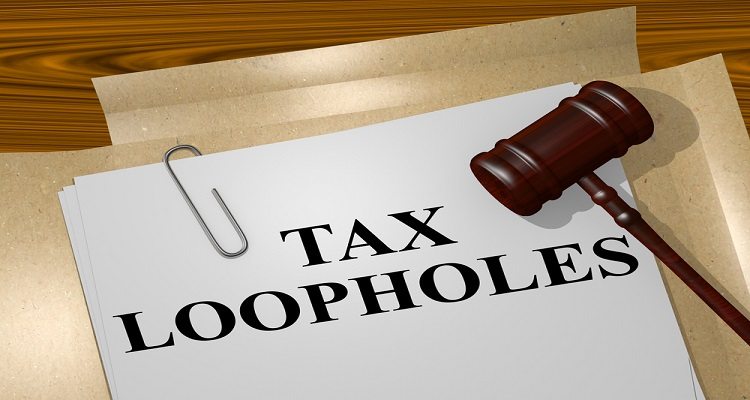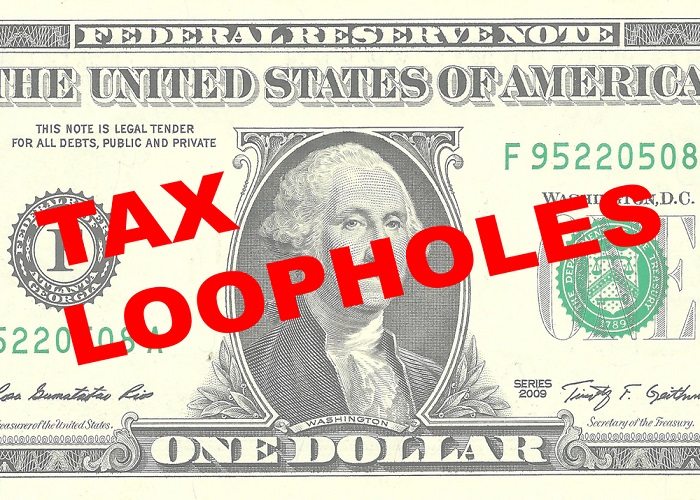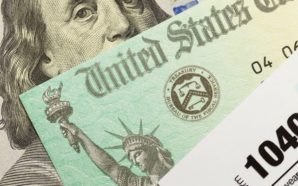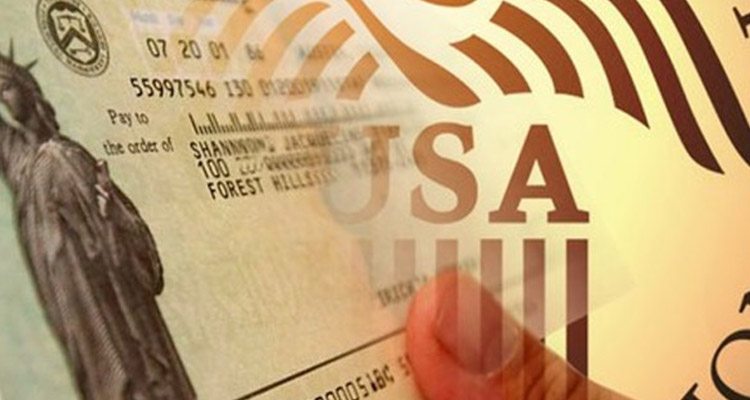Utilize Tax Loopholes To Save Money On Taxes

A tax loophole is a technicality which lets a person or a business avoid taxes without breaking the law. Tax loopholes provide options through which you can either pay lower or no taxes on assets or income.
Tax Loopholes in the Federal Tax Code
Here are a few tax loopholes that you can take advantage of to lower the amount of taxes you pay:
- Capital Gains Tax Rate
Capital Gains Tax is a tax that you have to pay when you make a profit on the sale of a capital asset. Capital gains are only taxed when an asset is realized, not while it is owned.
The question is, if you are paying taxes on your investments, then how does it become a loophole? The answer is the rate at which a capital gain is taxed. The tax you pay on your income is much higher than the tax you pay on your capital gains. This means that if you earn most of your money through investments, then you actually save on taxes.
So, basically, if you buy and sell property or invest in the stock market for a living, you would actually pay fewer taxes than if you held down a traditional job.
According to the Joint Committee on Taxation, the US government lost $457 billion in taxes from 2011 to 2015 just because of this tax loophole.

- Home Mortgage Interest Deduction
Basically, if you are paying a home mortgage, then you can itemize your deductions and get a tax cut on the interest you pay on your mortgage. This deduction has cost the US government more than $464 billion from 2011 to 2015. In 2017 alone, the government lost $69 billion in taxes thanks to this little loophole.
The bad news is that the new tax law passed in December 2017 may reduce the amount that can be deducted for most people. Despite that, you can still save a few hundred dollars by itemizing your home mortgage interest payment.
- Health Insurance Benefits paid by your Employer
According to the tax code, you cannot be taxed for employer-paid health insurance or benefits. This means you get a tax-free health insurance plan. Therefore, if you have the option between a job with a higher salary but no health benefits and a job with health benefits, but a lower salary (all other factors being the same), sit down and do the math to see which one will save you more money.
- College Savings Plan
Section 529 of the tax code lets you put money away for your children’s education. This education investment plan is completely tax free. There is limit from the federal government on how much you can save on this plan. However, state governments do have caps, so this tax loophole actually applies to state taxes.
The good thing is that if you are married, then you and your spouse can make separate contributions to the plan thereby doubling your tax credit.
The loophole works this way: you put money into the education investment plan on one day and declare your deductions. Then, the next day (if that’s how soon you wish to do it) you can withdraw the funds for school expenses and still retain the tax credit.
And the best part? The new tax laws implemented since January 1, 2018 increased withdrawals from this investment plan to pay for school (including home schooling) expenses too.
- Starting a Home-Based Business
If you are planning to start a business of your own, think about keeping it home based. You can actually save a lot on taxes if you do so. Here is how it works:
Say you set up an office in a spare room in your home. You are eligible for a home office deduction. This deduction is based on the percentage of your home area that is being used to conduct your home-based business. The area must be used exclusively for the business (this means it cannot be used as a play area while you work, for example).
Staying updated on the changes in the tax laws will ensure that you will find tax loopholes to help you save on taxes.











